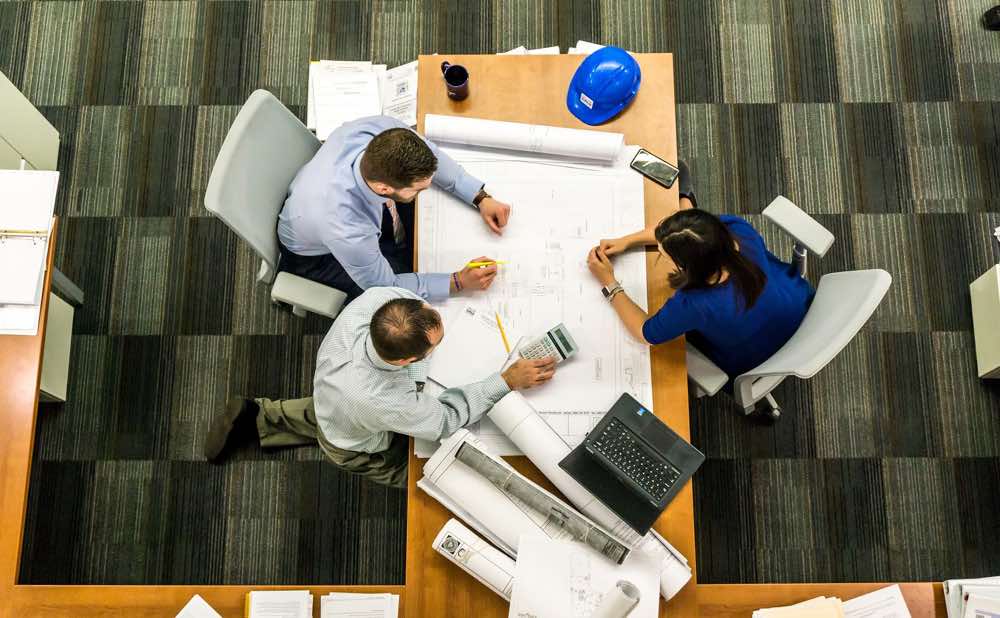Working alone, in many ways, is much simpler than working as part of a team. You only need to account for your own abilities, work style preferences, and availability. Although group work does have its virtues – not least the access to a much boarder range of knowledge and expertise – it also has its drawbacks.
In this article, I will share three of the most important lessons I have learnt from my experience with teamwork – both in business consulting, working as a strategy and transformation consultant, and in an academic context, studying an MSc in Consulting from Warwick Business School.
1. Nothing is Impossible
There are times during group work where a certain task will seem impossible. For example, an hour or two has passed and you are no closer to achieving your goal. The key in such a scenario is perseverance. Individuals are able to adapt to the trials and challenges faced on a daily basis. A teamwork setting is no different. By virtue of our innate problem-solving capacities, more often than not your team, sooner or later, will be able to rise to the demands of the situation, and find a way through.
I recently spent time on a groupwork project similar to the one described above. At the end of two-hours, we seemed no closer to starting the project. After taking a short break, however, the team was able to figure out a way to work around the problem. Our method of breaking the stalemate was to divide the task into very small, and thus more manageable, portions. The benefit of spending the first two hours going in circles was that it allowed us time to grasp one another’s respective strengths and weaknesses. As a result, going into the third hour, each of us naturally, and without prompting, adopted a role within the group according to those strengths and weaknesses.
The above scenario shows that, despite how hopeless a situation may seem at first, your in-built adaptability and problem-solving ability means that pretty much nothing is impossible.
By adopting a positive mentality you will ultimately be more likely to surmount the impossible obstacles you face. By starting the work with an inspired predisposition, you will tend to approach the work with a more open minded and determined attitude that allows you to keep working until a way forward is discovered.
2. Patience Really is a Virtue
When working with other people, no longer are you working according to your own concepts of ‘reasonable time’ or standard targets for completing certain tasks. Instead, the more people there are and the more complex the project is, the less predictable the project timeline will become. As such, regardless of how long a task has taken, or how far through the task you appear to be, the key is to tolerate the complexity, persist with the task, and be patient.
If you become impatient and attempt to rush tasks, then you will increase the likelihood of putting your teammates backs up as well as decrease the pace at which the team is able to work due to the effect that negative emotions and conflict have on individual productivity.
3. Everyone has something to contribute
The ideal group is one where everyone has something unique to contribute. Group work settings can be frustrating when this is not the case, or worse, where some people have nothing to contribute at all. Group work helps us to remember the value of diversity.
Since each individual is different – growing up in various places, having diverse life experiences, and holding a range of opinions – everyone should have something unique to offer. However, this is sometimes not immediately obvious from the outset. Sometimes a team member’s offering is not technical. For instance, someone may not be a great business analyst, but they may have other capacities that other members don’t have, and this can still prove to be invaluable to the team.
The bottom line
Keep going, be patient, and don’t write people off too soon. The foundational aspect of being human is our difference. Consequently, everyone has something to offer, it’s just a question of uncovering each person’s unique skill set, and figuring out how to apply this to the task at hand. In short, the key to teamwork is finding out how to make the whole greater than the sum of its individual parts.
Sukhi R. is a graduate from Warwick Law School currently studying an MSc in Business with Consulting at Warwick Business School. She has a keen interest in the business psychology of consulting and plans to enter the industry in the near future.
